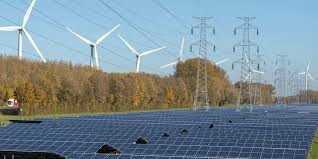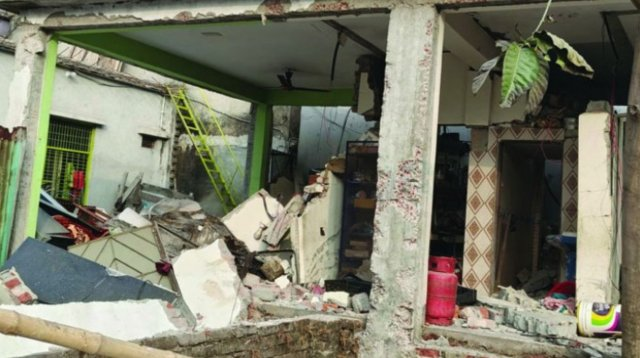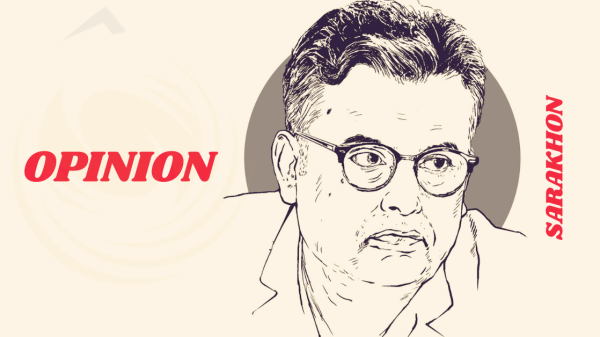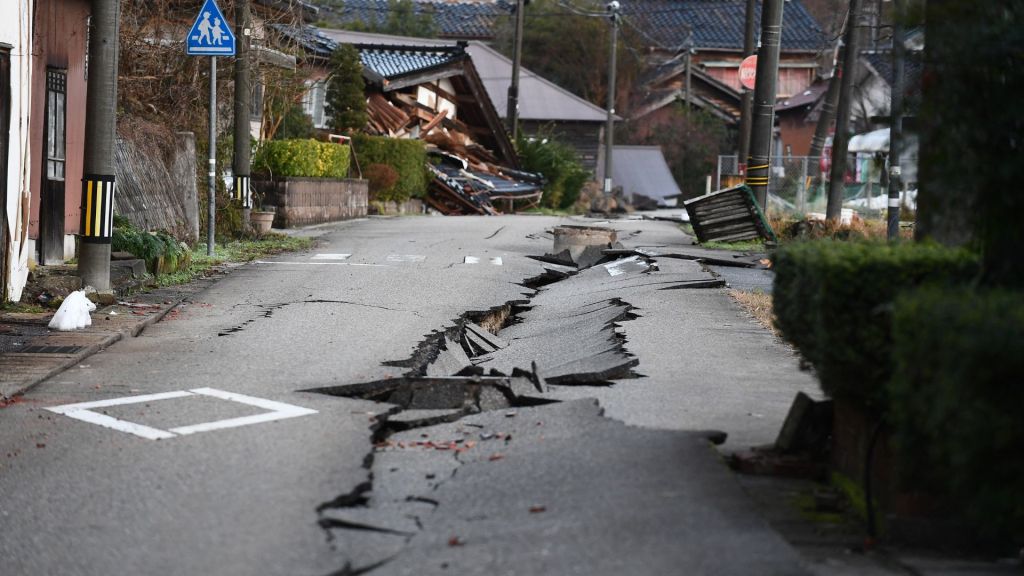NEWSOM SLAMS U.S. NO-SHOW AT COP30, WARNS OF ECONOMIC RISK

“Doubling down on stupid,” California governor says
At U.N. climate talks in Belém, California Gov. Gavin Newsom blasted the United States’ absence from the negotiations, calling it “doubling down on stupid” and warning the country could cede clean-tech leadership to rivals. The rebuke underscored a deeper fear among sub-national actors: that inconsistent federal engagement slows permits, investment, and standards just as Europe and China scale green supply chains. Newsom argued that climate policy is industrial policy, pointing to California’s zero-emission vehicle targets and grid storage build-outs as evidence domestic markets can catalyze innovation. Attendees cited a drumbeat of climate disasters—Atlantic hurricanes, Amazon floods, African droughts—to press for faster finance and adaptation. Delegates said this year’s conclave is less about grand new pledges and more about implementation: methane cuts, loss-and-damage facilities, and clean-power deployment timelines.
Implementation over slogans, and the race for jobs
Business groups at the summit circulated briefings showing projected job gains from battery, hydrogen, and transmission projects—if rules and capital align. Skeptics countered that without steady federal participation, state-level ambition cannot guarantee national targets. Negotiators from island states urged timelines that reflect rising seas, not election cycles, and asked for firmer language on fossil fuel phase-down. U.S. allies pressed for clarity on export credits and tax incentives so cross-border projects can reach final investment decisions. The politics are fraught, but the economics are clearer: supply chains follow policy certainty. If the U.S. wavers, others will move faster on permitting, ports, and offtake contracts. For now, climate realists left Belém with a workmanlike to-do list: execute past promises, harden grids, slash methane, and get steel-in-the-ground—before another season of record heat arrives.





















